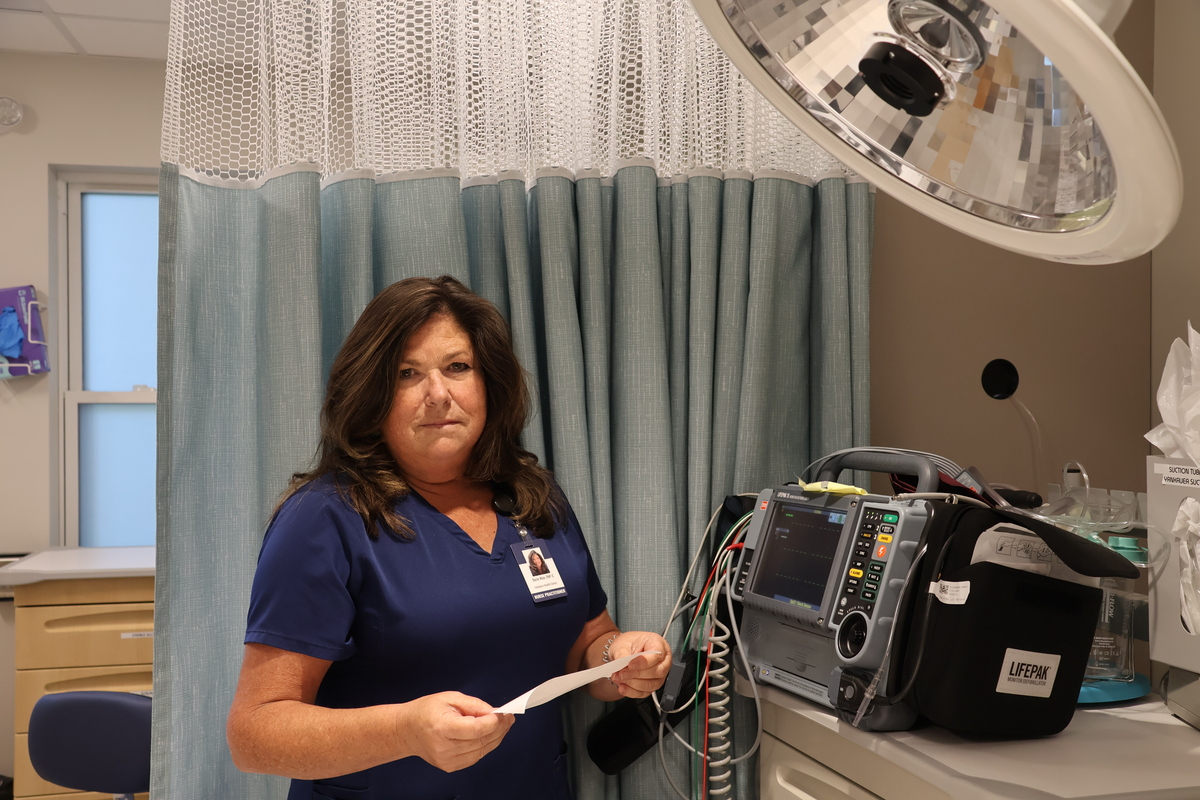On the picturesque Islesboro, Maine, residents are grappling with the harsh reality of tick-borne diseases. Eighty-six-year-old Linda Badoian faced this threat firsthand after being bitten by ticks multiple times during the summer. Although familiar with Lyme disease, which has long affected the island, this time was different. The preventative antibiotics she received from the local health center did not alleviate her symptoms. Eventually, she became Maine’s first confirmed case of babesiosis, a dangerous illness caused by a parasite that infects red blood cells, leaving her severely anemic and on the brink of requiring a blood transfusion.
Though her strength has generally returned, Badoian feels residual fatigue and experiences unease about venturing into the woods. Her husband, George, was similarly affected by an infected tick, suffering serious health complications that led him into a delirious state.
The island community of Islesboro is witnessing an increase in tick-borne diseases, transitioning from a historical focus on Lyme disease to emerging threats such as babesiosis and anaplasmosis, which can be more challenging to diagnose. This shift has residents adapting to a new outdoor experience where leisure comes with heightened risk.
Challenges and Fears
Another resident, Deirdre Dixon, encountered her own battle this summer, suffering from symptoms that failed to adhere to the recognizable signs of tick-borne illnesses. Lacking the classic bullseye rash or a tick attachment, Dixon gradually descended into a state of weakness that left her unable to eat and severely dehydrated. Night terrors compounded her ordeal, creating a sense of paranoia.
Dixon recalled her thoughts spiraling: “It messes with your mind, too. I started having these thoughts over the weekend, like, ‘You know, they’re probably going to find me dead in here.’”
After spending several days in the hospital and testing positive for anaplasmosis, a bacterial infection that can lead to severe complications, she returned home. Yet, the joy of gardening quickly turned into fear, as she worried about the potential presence of ticks among the weeds.
“I didn’t want to get near anything green,” she expressed. “It’s like, you can have a really great garden, but it might kill you.”
Rising Rates and Community Response
With tick-borne diseases historically prevalent on Islesboro, residents have dealt with some of the highest reported rates in Maine. Data spanning from 2018 to 2022 revealed that the town consistently reported more cases relative to its population than other areas, and the activity at the local health center has remained steady.
The population of ticks flourishes due to ample wildlife hosts, particularly white-tailed deer. While other islands in Maine have considered measures to manage deer populations, Islesboro took significant action in 2011 by voting to drastically reduce its deer herd to combat a Lyme disease epidemic. Despite initial attempts through deer culling, local sentiment regarding hunting has made coordinated efforts difficult. Aside from regulations permitting bow hunting, the island has seen annual harvests fluctuating between 110 and 170 deer without significant change in density.
Islesboro’s challenges reflect broader trends observed along coastal regions of Maine, where milder winters and dense wildlife habitats create ideal conditions for ticks. Dorie Henning, a nurse practitioner at the island’s health center, indicates that high tick-borne illness cases remain a primary concern during peak seasons, with some older residents refraining from gardening or exploring the woods due to health fears.
Despite the alarming rise in anaplasmosis cases, Henning remains concerned that changing climate conditions will exacerbate tick proliferation, increasing the likelihood of encountering diseases like the Powassan virus, an untreatable and potentially severe infection now emerging in the state.
Ongoing Education and Prevention
The community is working towards awareness and proactive measures. Local land trust director Chloe Joule emphasizes the importance of mindfulness around ticks while utilizing trails and programs for children. Encouraging tick checks can help normalize safety practices without instilling fear. “It’s a difficult line, but one we try to straddle… It’s about raising awareness without scaring people,” she stated.
The question of how best to manage the tick threat remains complex. While some advocate for reducing the deer population further, residents like Badoian recognize that awareness and education are crucial. “You just want it to work,” she mused. “You don’t want people getting sick.” As the seasons change and outdoor activities resume, the community continues to confront the ever-present risks associated with their beautiful but dangerous island life.






